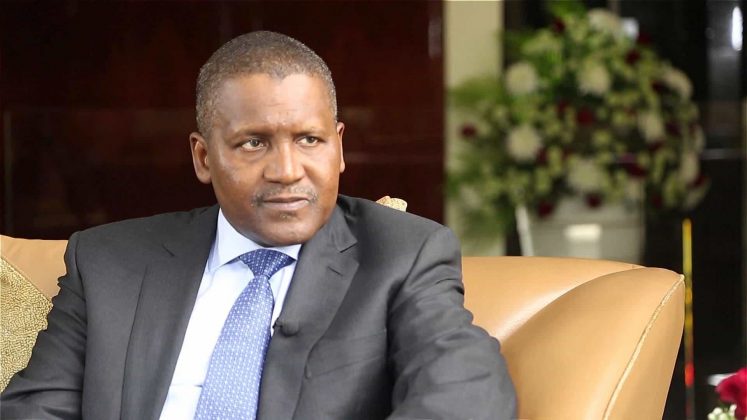Leadership lessons from Africa’s trailblazers
By Mutsa Chironga, Georges Desvaux, and Acha Leke

Aliko Dangote has built one of Africa’s largest industrial firms from humble origins as a trading company started with a small loan from his uncle in 1978. Today, the Nigeria-based Dangote Group manufactures commodities, including cement, sugar, and flour, in massive volumes and has annual revenues exceeding $4 billion. At the helm, Dangote continues to aim high: his new growth projects include the world’s largest single-train petroleum refinery, currently under construction near Lagos, Nigeria’s bustling commercial capital.
Aliko Dangote: As a trading company, we had the infrastructure, the logistics, the warehouses, the customers. But we were importing the goods we sold—for example, pasta from Italy. It was clear to us that the only way forward for us was industrialization. Yet we knew that everyone who had tried industrialization in Nigeria pre-1995 had gone out of business, so before I invested my money in building manufacturing businesses in Africa I went to investigate the manufacturing sector in another big, challenging emerging market—Brazil. I did a lot of research, spent time in factories, and really thought through the challenges.
At the time, Brazilian manufacturers were dealing with hyperinflation and massive exchange-rate problems. They helped me realize that if we were going to build industries in Africa, we would have to be the boldest people around. If we weren’t going to be bold, we could just forget it. Even today, my philosophy is “think big, dream big, and do big things.” Our target is to achieve annual revenues of 10 percent of Nigeria’s GDP—some $45 billion to $50 billion.
I didn’t start my manufacturing businesses assuming I’d have zero problems. I said, “Even if there are problems, I’ll solve them.” For example, in the early years of Dangote Industries, I was offered a 30 percent stake in a new sugar-refinery project in Nigeria, but my partner pulled out when costs began to mount. Not only did I decide to go forward on my own, I increased the plant’s capacity by another 50 percent.
For us, an essential strategy to build a resilient manufacturing business is to diversify as much as possible. There’s no sector that’s permanently healthy—if, today, cement is excellent in Nigeria, it might not be in the next five years—so we’re fully diversified across different products, as well as downstream, midstream, and upstream. For example, our push for backward integration involves producing our own raw materials on a massive scale. We are investing close to $5 billion over the next three years in sugar, rice, and dairy production alone. Such investment matters not just to our company but to our continent. The majority of African countries depend on imported food; Nigeria alone imports around five million tons of wheat a year. We have land, we have water, we have the climate. We shouldn’t be a massive importer of food.
For many of our manufacturing businesses, we also generate our own electric power. This is based on the realization that a lack of reliable power has been one of the major impediments to industry in Africa and has caused many manufacturers to fail. Here, too, our vision extends beyond our own operations. For example, we have partnered with Black Rhino, a subsidiary of the US-based asset manager Blackstone, to develop power-generation projects to feed into Nigeria’s grid.
Talent is another important enabler of our success as an African manufacturer. We established the Dangote Academy in 2010 to train employees in technical and managerial skills. We recognize that we cannot rely on universities and colleges to provide the very specialized technical and managerial training required to run major industrial factories such as ours, particularly in the large numbers of such people that we will need. In Nigeria alone, we already employ 26,000 people. I always say, “If a country imports manufactured goods, it also imports poverty. If you don’t want to import poverty into your country, you have to create jobs.”
Doing business in Africa is for the discerning, imaginative, and bold executive. I am convinced that Africa is the best-kept secret as a place for a profitable and fulfilling business enterprise. You don’t have to be African to succeed in Africa. But if you really want to do business here, you have to think long term. Africa is not a place where you can come and invest for two or three years, milk the business, and run away. You have to build a business that can succeed in the good times, the OK times, and the bad times.
